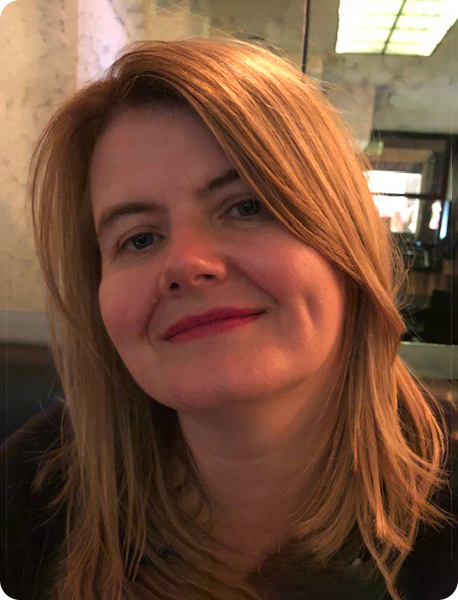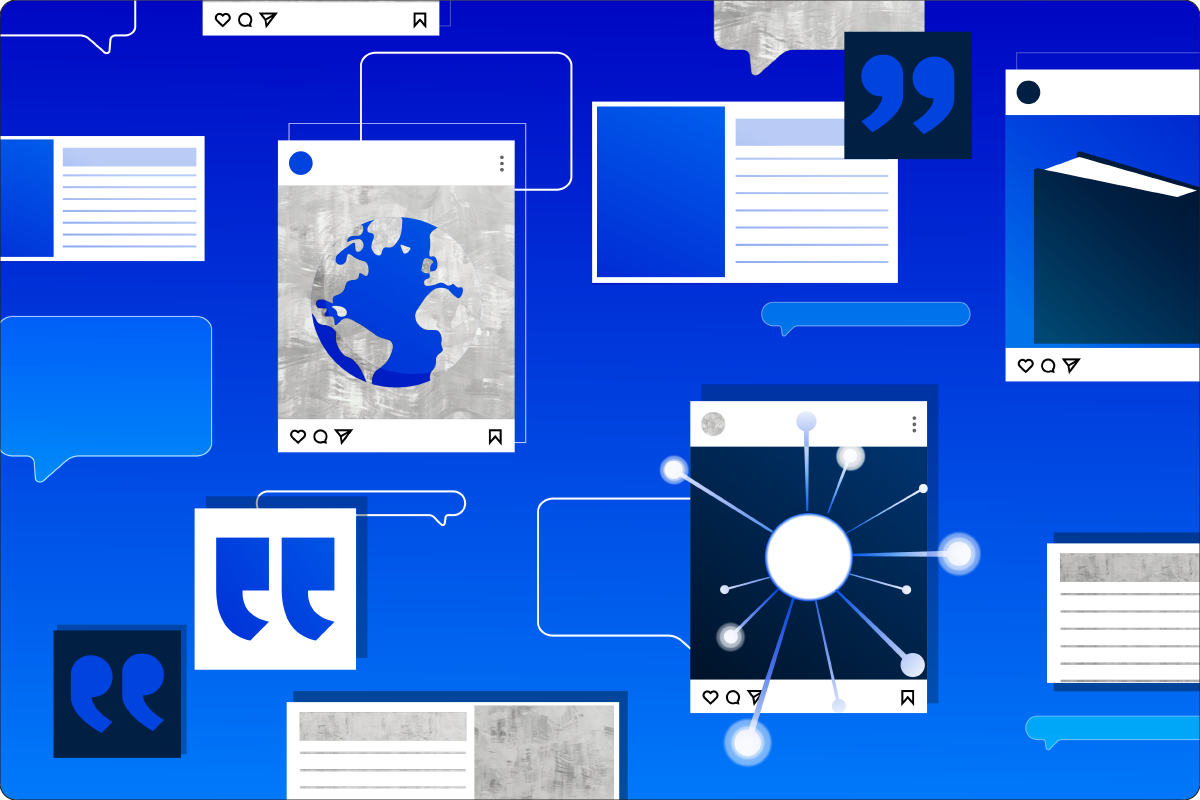Oxford Word of the Year: the evolving role of a lexicographer
Fiona McPherson
“The continued success of, and interest in, Word of the Year shows that people are as fascinated by language as they have ever been, and not solely as a medium to communicate. It can provide a window into what is preoccupying us at any given moment—indeed, a look back at the previous winners and also the shortlists can really unlock the memories of what was going on in our lives.”

When the first Oxford Word of the Year—chav—was launched, reflecting language usage in the UK for 2004, Facebook was in its infancy, having been created early that same year and limited in its public availability. YouTube, Reddit, and Twitter were all still to be invented, as was TikTok. Even the internet was, relatively speaking, not as ubiquitous in people’s everyday lives as it would soon become.
The landscape was very different, with words being coined or popularized in much more traditional ways. Print media, books, and television all played their part in the spread of vocabulary, both familiar and brand new. The early choices for Word of the Year reflect this to a certain extent, with words like simples, bovvered, and omnishambles having their roots in television, and winners like credit crunch, big society, and squeezed middle seeming very much in the realm of print reportage. But even in those earlier days, the emerging importance of the digital world is evident with podcast, unfriend, and gif all featuring. The continuing impact of our online lives can be seen in our two most recent winner—goblin mode and rizz—both having their origins in online spaces.
There are similarities in how the job of the lexicographer—those of us involved in the compilation and editing of dictionaries—has changed over the centuries. From the very early days of glossaries focused on hard words, to the publication of dictionaries like the Oxford English Dictionary which included illustrative examples and covered the language spoken by the people, social media is another way that unlocks the reality of how people use language. This can make the job of the dictionary editor easier—after all, there are so many more resources at our disposal.
But inevitably with this comes the real danger of information overload and, more dangerously, an increase in misinformation. The role of the lexicographer has perhaps never been more important as a dictionary aims to be a neutral, unbiased source that reflects how language is used in reality.
The continued success of, and interest in, Word of the Year shows that people are as fascinated by language as they have ever been, and not solely as a medium to communicate. It can provide a window into what is preoccupying us at any given moment—indeed, a look back at the previous winners and also the shortlists can really unlock the memories of what was going on in our lives.
Whether your interest is a professional one or that of an interested observer and speaker, words are important and Word of the Year can give us a chance to look back and reflect on what words have loomed large, whether familiar or brand new, whether on a personal or global level, and how they describe our experiences and the world around us—and how things have moved on, or not. We’re just as fond of selfies, omnishambles still seems an apt description for much that is going on in the world, the discourse around the climate hasn’t disappeared, and many of us are interested in who has, or doesn’t have, rizz.
Even those winners which haven’t shown quite the same staying power are still of interest. And that’s perhaps the key thing about Word of the Year—some persist, some burn brightly and then fade away almost as quickly as they emerge, much like the events or concepts they describe. Neither is an indicator of how successful or otherwise a choice it was. And, speaking professionally, some of the words under consideration in any given year can sometimes give the lexicographers among us a sneak preview of what we might be including in our dictionaries in the years to come.
Whether it be in general conversations about our choice or active participation in voting for the winner from a shortlist, it seems Word of the Year is a highlight of the calendar.



